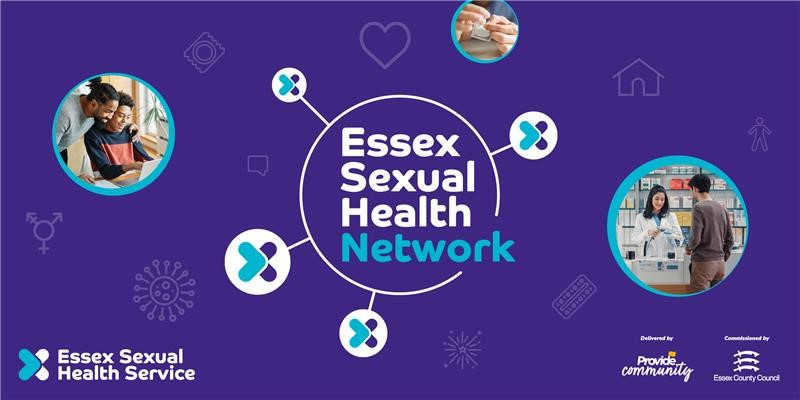The COVID-19 pandemic saw many NHS and healthcare services influx with a huge volume of COVID cases ranging from mild to severe, with some patients suffering long COVID symptoms up to six months after testing positive. According to the ONS, it’s reported that between 7% and 18% of people infected with coronavirus show symptoms 12 weeks after the initial infection.
Ruth Barlow set up the long COVID Clinic at Provide Community and has been the Team Lead ever since its inception in 2020. Before adopting this role, Ruth was the Team Lead for the Respiratory Team, she is now based at Wren House in Chelmsford helping those with long COVID manage their symptoms and gain back their confidence. Ruth is passionate about her work and enjoys being part of a patient-centered team and hopes that research into long COVID will continue so that more can be discovered about the infection.
1. What is your role at Provide Community?
I am the Team Lead for the long COVID Clinic based in Chelmsford.
2. How long have you worked in your role?
I have been in this role for almost two years. Prior to this, I was the Team Leader for the Respiratory team.
3. Where are you based?
During the week I work from Wren House, an NHS Mid Essex Clinical Commissioning Group in Chelmsford.
4. Who do you work with and how do you help them?
As my role is Team Lead, I frequently work with other team members. We have different professionals including nurses, physiotherapists, OTs, clinical psychologists, Senior Leadership Team, and GPs. Now I have physio students, so I am supervising them in clinics. Our focus is for long COVID, so we teach patients to self-manage e.g. by taking control of their fatigue.
5. How does your day typically start?
I usually start my day at the clinic sitting at my laptop!
6. Give some examples of the people you work with and what the outcomes were.
I once worked with a patient who attended the clinic for our Spirometry services, but unfortunately, she was breathless and unable to do the lung function test. I asked her to bring her inhaler so that I could check her technique. It turned out that her technique was very poor. The patient shook the inhaler and sprayed it twice without shaking it for the second time and breathed in very quickly without a spacer. I explained that due to this technique, they wouldn’t be benefitting from the inhaler. I gave her information about how she could manage her breathlessness and showed her how to improve her technique. At the end of the appointment, the patient said they were very thankful and had learned a lot.
Another patient I particularly enjoyed working with was a man in his late 50s in our first long COVID rehab group. He couldn’t work due to the breathlessness and fatigue affecting his livelihood. He came to rehab classes (mostly via MS Teams) and is now back working part-time and feels more confident and can understand his symptoms and how to manage them.
7. What hours would you usually work?
I work from 8 am – 5 pm Monday-Friday as well as some extra hours during the week.
8. What do you like best about your job?
It has been an amazing experience learning more about long COVID and helping people improve. There is not much research about long COVID, so starting the rehab program and seeing a noticeable change in patients is very rewarding. I have enjoyed setting up and working within a multi-disciplinary team. The people I work with are amazing and so kind. It’s clear that everything they do has the patients’ well-being at the centre.
9. How important is colleague support in your role?
Colleague support is essential in my role, I couldn’t do the job without the amazing team around me.
10. Tell us why the long COVID clinic is so important to you?
As long COVID is a novel illness, most health professionals don’t know how to help patients, so the long COVID service allows people to receive the support they need to improve. Without the service, more people would be suffering symptoms and may find themselves unable to attend work or school.
11. Could you tell us about the services you offer to patients you work with?
We see children and adults across Mid and South Essex and offer a general health assessment and a COVID rehab program which includes exercise and educational advice. The educational sessions include ways to manage fatigue, breathlessness, and brain fog, and ways to relax. Patients can also have one-to-one sessions with clinical psychologists, OTs, Physiotherapists, and Nurses.
12. If you could wave a magic wand for your service, what would your three wishes be?
I’d like there to be more people taking up the vaccine, fewer COVID infections, and a better understanding that the cure for long COVID is largely self-managed.


